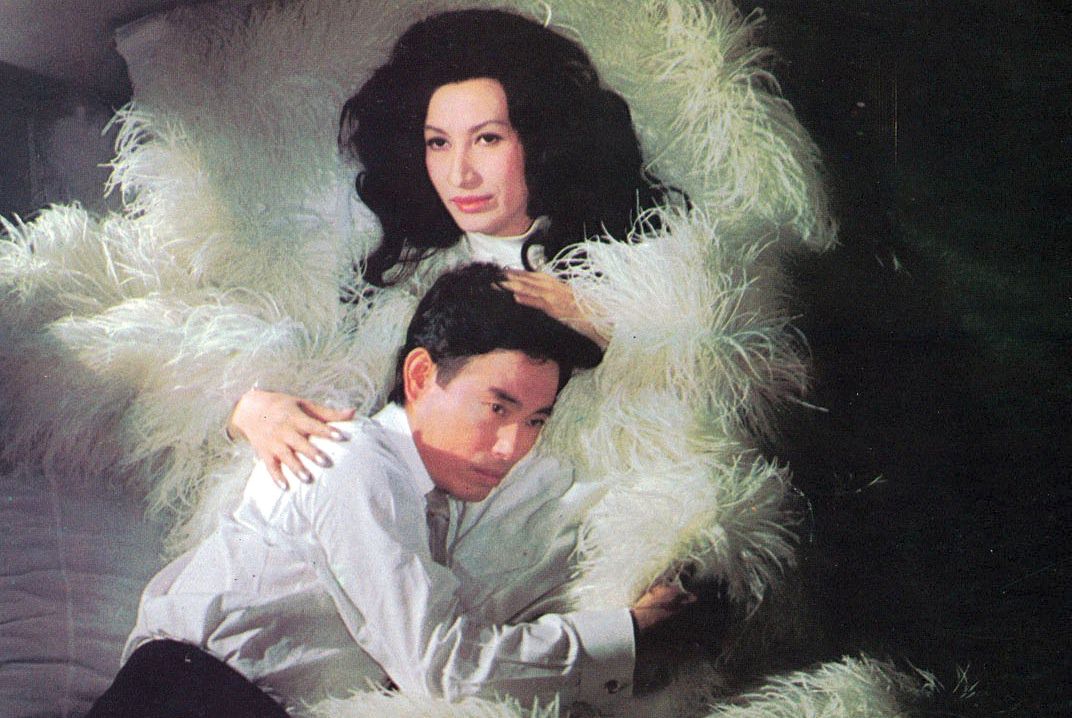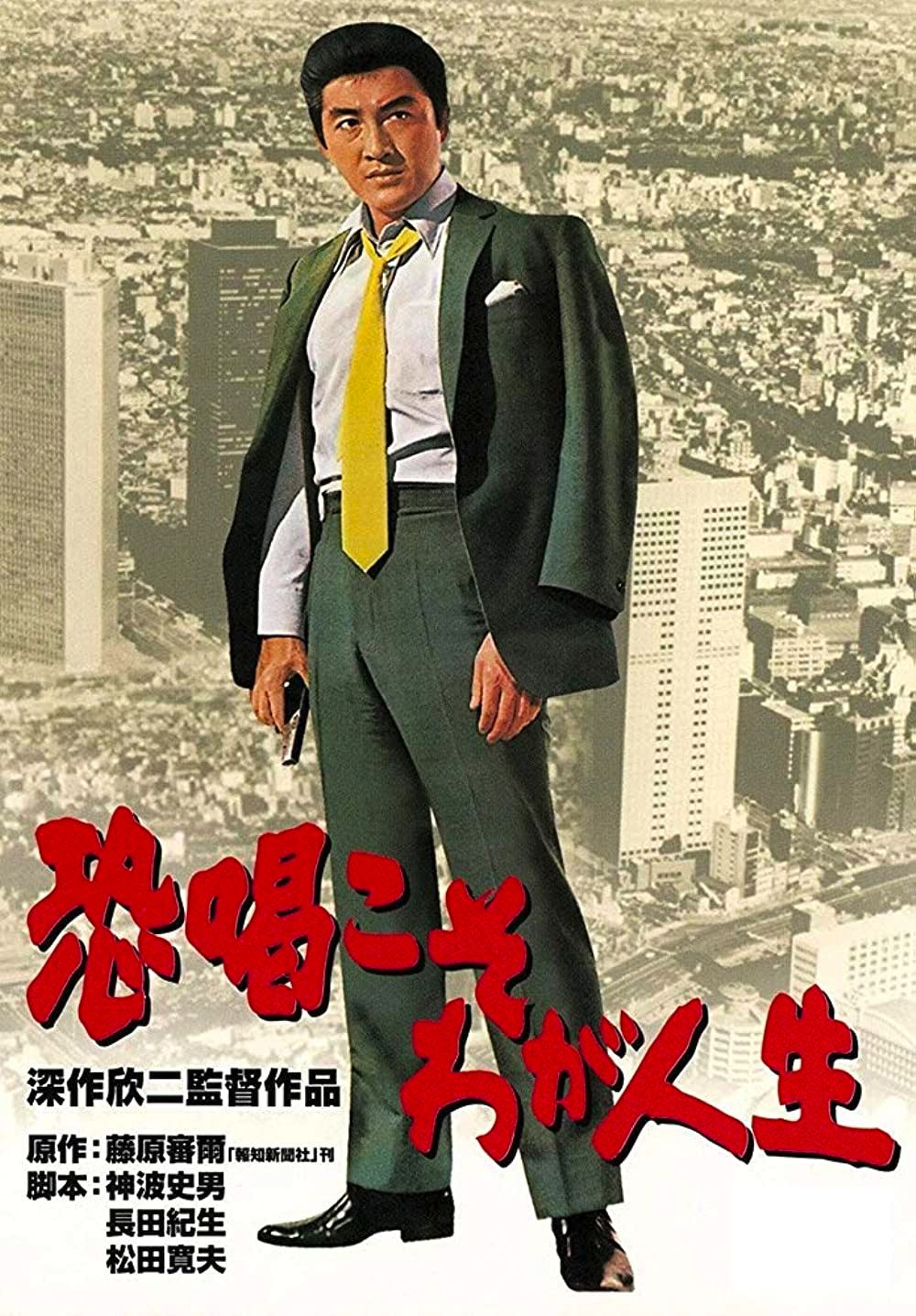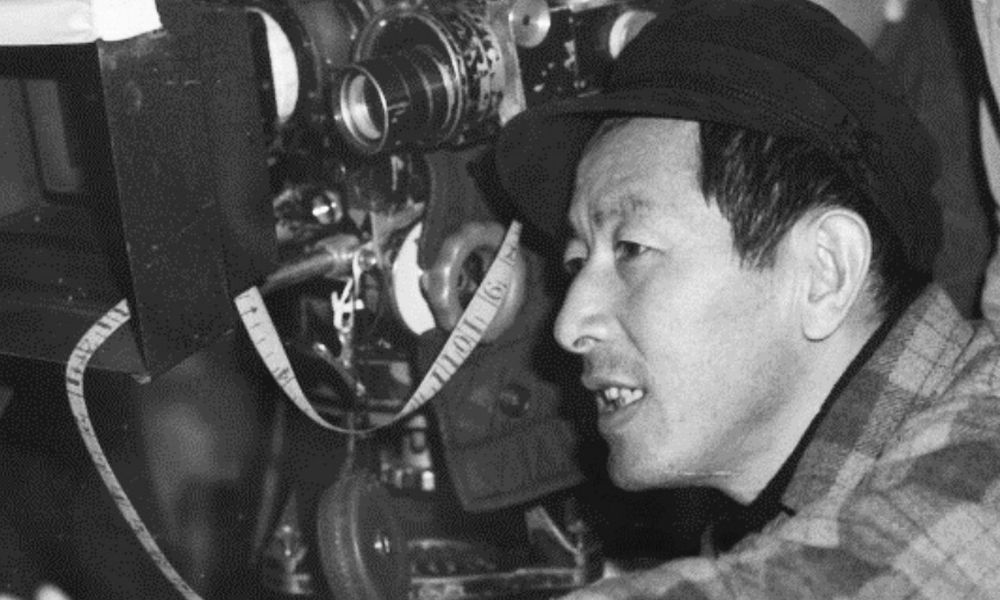"Kinji Fukasaku was a Japanese writer and director known for violent gangster films that challenged the nation's social conventions… By challenging traditions, Fukasaku paved the way for contemporary yakuza filmmakers such as Takeshi Kitano and Takashi Miike." - William Sean Wilson (501 Movie Directors, 2007)
Kinji Fukasaku
Director / Screenwriter
(1930-2003) Born July 3, Mito, Japan
(1930-2003) Born July 3, Mito, Japan
Key Production Country: Japan
Key Genres: Action, Crime, Crime Thriller, Crime Drama, Thriller, Samurai Film, Satire
Key Collaborators: Toshiaki Tsushima (Composer), Bunta Sugawara (Leading Actor), Tatsuo Umemiya (Leading Character Actor), Tetsuro Tanba (Character Actor), Hideo Murota (Character Actor), Mikio Narita (Character Actor), Hiroki Matsukata (Leading Actor), Kazuo Kasahara (Screenwriter), Fumio Konami (Screenwriter), Hiro Matsuda (Screenwriter), Hanjiro Nakazawa (Cinematographer), Kunie Tanaka (Leading Character Actor)
Key Genres: Action, Crime, Crime Thriller, Crime Drama, Thriller, Samurai Film, Satire
Key Collaborators: Toshiaki Tsushima (Composer), Bunta Sugawara (Leading Actor), Tatsuo Umemiya (Leading Character Actor), Tetsuro Tanba (Character Actor), Hideo Murota (Character Actor), Mikio Narita (Character Actor), Hiroki Matsukata (Leading Actor), Kazuo Kasahara (Screenwriter), Fumio Konami (Screenwriter), Hiro Matsuda (Screenwriter), Hanjiro Nakazawa (Cinematographer), Kunie Tanaka (Leading Character Actor)
“The irreverent genre fire starter Kinji Fukasaku is the godfather of the yakuza (Japanese Mafia) film and a founding influence on younger Japanese pulp artists such as Takeshi Kitano and Takashi Miike, as well as Western trash cinephiles like Quentin Tarantino. Steeped in gore and hand-held chaos, Fukasaku's ultraviolet, high-decibel gangster-operas shoved aside the more decorous Japanese crime movies popular in the 1960s and deromanticized the underworld as cinema-goers knew it.” - Jessica Winter (The Rough Guide to Film, 2007)
“A specialist in action cinema from the early sixties onwards, Fukasaku had acquired an international profile within the industry as early as 1970, having taken charge of the Japanese half of the Pearl Harbor saga Tora! Tora! Tora! after Akira Kurosawa was removed from the project. Despite this and two later science fiction co-productions - Message from Space (1978) and Virus (1980) - with international casts, he ironically achieved a reputation among foreign audiences only at the end of his life… After years of neglect, however, Fukasaku's own reputation is now higher than it deserves to be.” - Alexander Jacoby (A Critical Handbook of Japanese Film Directors, 2008)

Black Lizard (1968)
“He began in the 1960s, shooting non-mainstream crime films, gradually making the genre his own, harnessing national frustration at Japan's postwar poverty, and sating audiences' desire for straightforward, contemporary action movies. His gangster output reached its peak in the 1970s, with the yakuza series Battles Without Honour, and Humanity, Japan's nearest equivalent to The Godfather. These films have had a direct influence on modern directors like Takeshi Kitano (who plays the teacher in Battle Royale), Audition director Takashi Miike, and even Quentin Tarantino. Fukasaku's other work has covered just about every genre, from the war epic Tora! Tora! Tora! to The Black Lizard, a collaboration with Yukio Mishima, to Message From Space, a low-budget Japanese rip-off of Star Wars.” - Steve Rose (The Guardian, 2001)
“Fukasaku studied cinema at Nihon University in Tokyo, and after graduation was taken on by Toei Co Ltd, as a scriptwriter and assistant director, on numerous low-budget "B" movies. He soon became a director… In his early movies, the violence was more symbolic than actual, but it was realistic enough, though the films of this period often portrayed disappointingly sentimental gang bosses who gave their most powerful henchmen hell, while displaying a fatherly, almost homoerotic indulgence towards younger, weaker recruits… In the 1970s, Fukasaku's gangster movies became much more violent, and often painfully realistic, to the point of provoking nervous laughter in the audience. In order to inflict the utmost sadistic cruelties on the gangsters' victims, Fukasaku made a star of Bunta Sugawara, a sinister, brutal tormentor.” - James Kirkup (The Independent, 2003)
“Fukasaku’s pyrotechnic gangster movies suggest a methedrine-fueled hybrid of Fuller/Scorsese/Woo, with the social conscience of early Visconti. For nearly 40 years, Fukasaku has managed to balance the demands of genre filmmaking with a fierce concern for political and social themes – many of his greatest yakuza films are set during the chaotic post-WWII years, using his violent underworld hitmen and gang bosses to reflect the upheaval changing all levels of Japanese society.” - American Cinematheque, 2001
Selected Filmography
{{row.titlelong}}
Kinji Fukasaku / Fan Club
Anurag Kashyap, Kazuo Hara, Nicole Brenez, Kiyoshi Kurosawa, Quentin Tarantino.
Anurag Kashyap, Kazuo Hara, Nicole Brenez, Kiyoshi Kurosawa, Quentin Tarantino.
"Fan Club"
These film critics/filmmakers have, on multiple occasions, selected this director’s work within film ballots/lists that they have submitted.
These film critics/filmmakers have, on multiple occasions, selected this director’s work within film ballots/lists that they have submitted.


